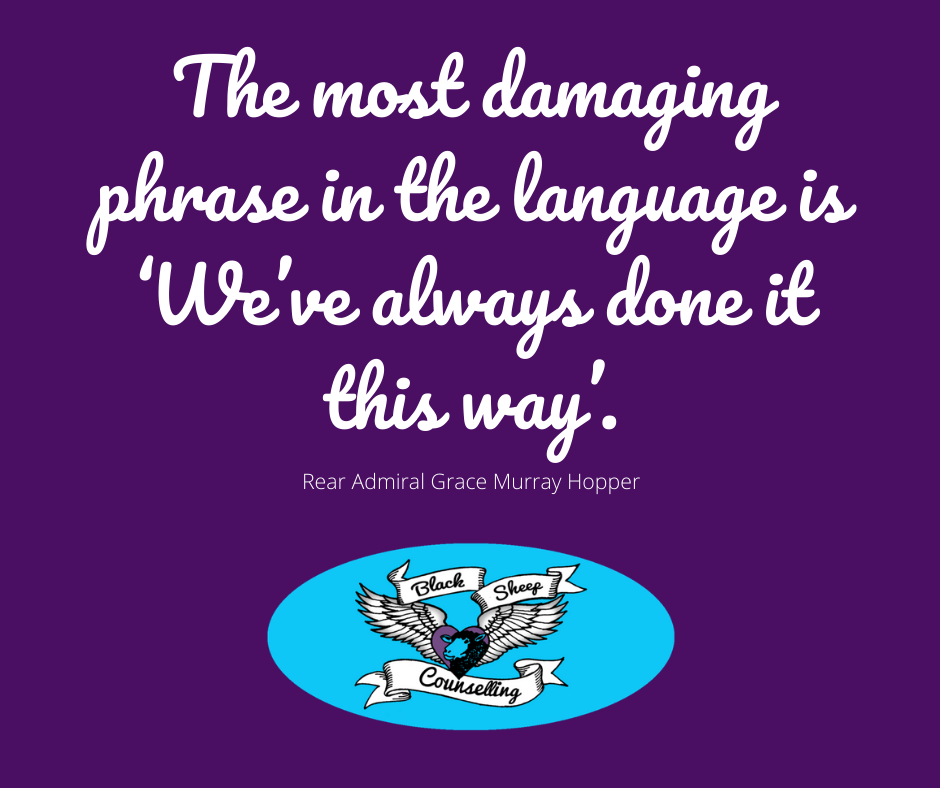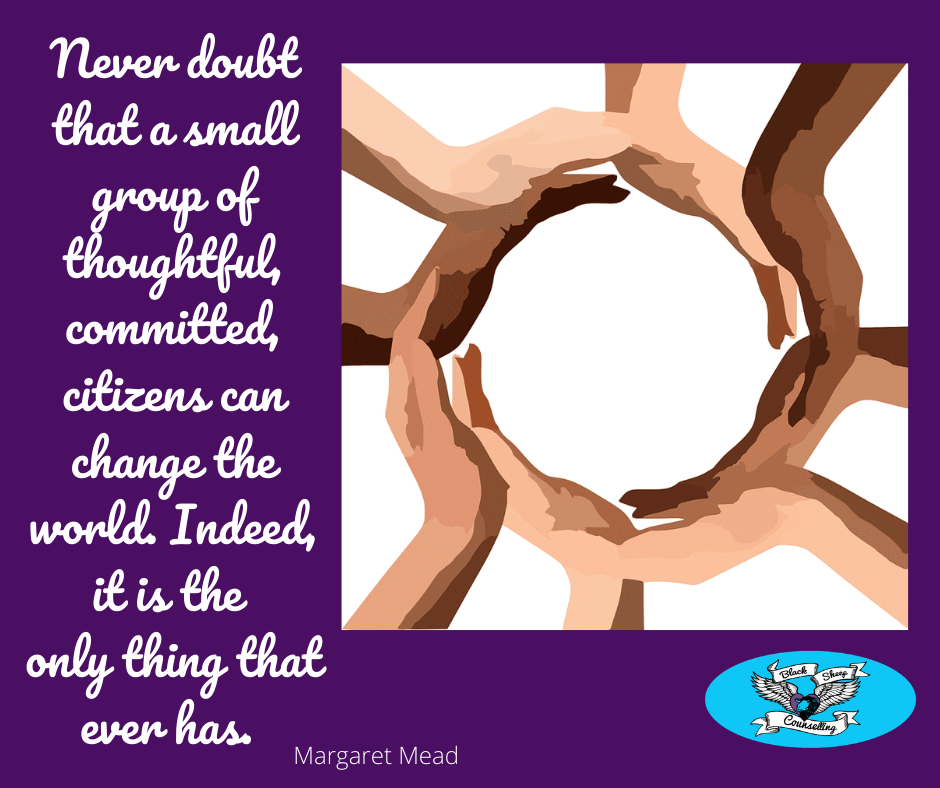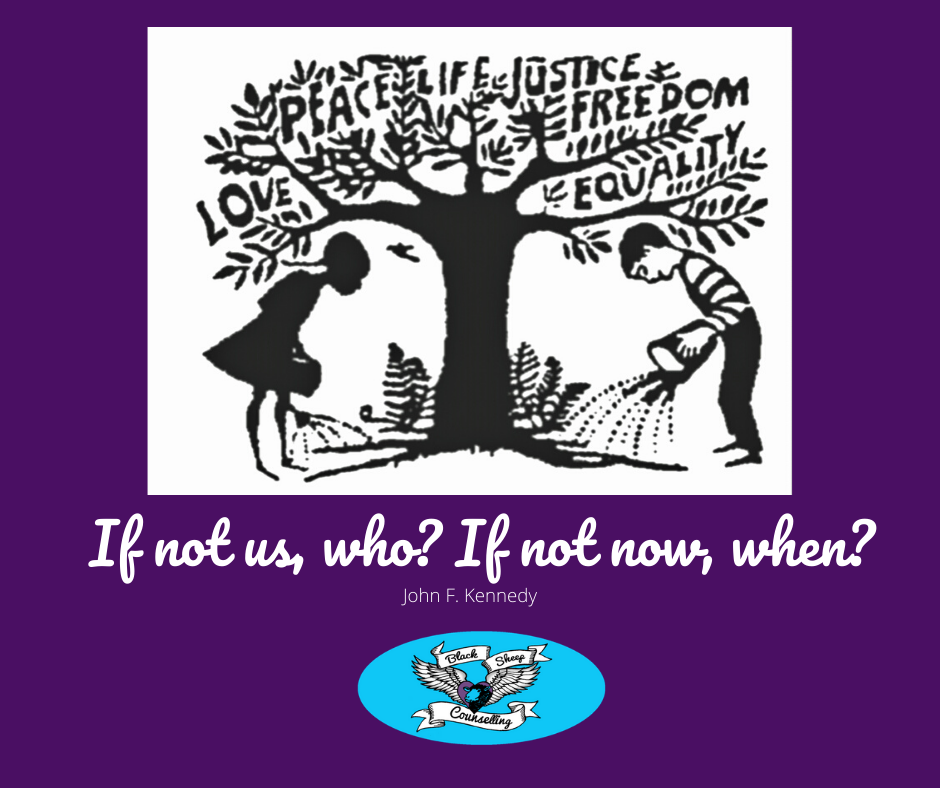We’ve Always Done It This Way

We’ve Always Done It This Way. I have been told this phrase in some form my whole life. As someone with a whole lot of psychological training, I know that the reason this phrase is uttered so frequently is because most people fear change. I guess I’m not wired that way, because I tend to embrace change (I have had over 100 jobs, moved 35 times, visited 44 countries, and am a business owner for the second time– I have put myself in a lot of uncomfortable situations, failed and struggled oh-so-many times, but survived). My openness to new experiences is something I am grateful for….but, man, can it piss people off.
I am someone that values connection – I do not relish in upsetting others. But I value authentic connection where all of me is accepted, rather than merely tolerated. Brene Brown’s research in shame and vulnerability illuminated that the opposite of belonging is fitting in. I suck at “fitting in”. It used to bother me, but now I am content to stand alone, rather than pretend to go along with the status quo, or not advocate for equal rights or fight against abuses of power.
The word “deontic” refers to the feeling of duty or obligation as ethical concepts. Deontic is often identified as an area of challenge or weakness in an analysis report of an organization or business. Deontic is a fancier way of saying We Have Always Done it This Way (WADITW). It denotes the sense that we feel ethically correct when we refrain from asking questions, engaging in brainstorming sessions, or challenging outdated norms. There are thousands of examples where abhorrent things were normalized and legal: slavery, forced sterilization, cultural genocide, women couldn’t vote, own real estate, and could be “raped” by their husbands, homosexuality being a crime punishable by law (and currently punishable by death in some countries of the world today). Some of these things thankfully have changed because courageous people questioned norms and advocated for justice. Many were shunned, incarcerated, or killed for it.

WADITW is why workplaces remain toxic, lateral violence, racism, and nepotism continue to exist, why people continue to be victims of systemic oppression, why victims of sexual violence remain silent, why every single one of my First Nations clients have been unfairly racially profiled by store employees while shopping, why black males in America aged 15-24 are NINE times more likely than other Americans to be killed by law enforcement officers (just this week the video of George Floyd’s horrific torture and murder at the hand of white police officers went viral), and why toxic family patterns don’t change.
When I managed restaurants in a previous career, I held the belief that all of my employees possess wisdom. Some of the best ideas often came from people who held the important, but often less esteemed support roles, such as the hardworking dishwasher who suggested we change the dish storage area to maximize space and efficiency. He possessed the most knowledge on that area of the restaurant, it makes sense his idea is worth listening to. His idea made things better for the whole operation. As a restaurant manager, I encouraged my staff to be proactive when bringing their concerns or complaints. I wanted them to feel invested in their job and valued that their ideas were heard. This is how we create a team environment and grow professionally, personally, and as a community. As a counsellor, I encourage my clients to share with me when I may have struck a nerve or pissed them off – this is where magic can happen: we grow in times of discomfort.
When one of my long-term clients grows quiet, I ask “are you silently telling me to fuck off right now?”, to which she often replies, “yes”. We laugh, and get about collectively deepening her – and our joint – process in the tough stuff (I too am always learning in relationship with others). Her courage to continually show up and work hard moves me to tears – if only society could see with their own eyes who the Superheroes that walk among us really are. I feel incredibly honoured to connect with the sensation of awe I feel by holding space for the sometimes messy, but always beautiful, incredibly resilient human spirit.
My sister once said to me: “if there’s a hard way or an easy way to do something, you always pick the hard way”. There is truth to that. For a long time, I think a big contributor to that for me was not feeling “worthy” of the easy route. But that is not the case anymore. More recently, it has been suggested (and I am paraphrasing here) that I could more or less just shut up and put up (“it ain’t broke, why fix it?”, “don’t poke the bear”, “it’s just the way it is”, “you’re never going to change things”, “it doesn’t affect YOU, so why bother?”, etc.). That does not sit well with me. If fact, it’s as though my whole being revolts against it. I could view this as a personal issue that I need to change. But, I don’t. I don’t want to lose my compassion and desire for equality and justice.

I love Maya Angelou’s quote that “when we know better, we do better”. I feel that on a soul level. I like to think it is true for most. But I also know that people can get paralyzed by fear, debilitating shame, and stuck in environments and relationships that can feel impossible to break free from. Not everyone is capable of standing up to oppression. In my current life, I am capable of exercising my voice and I can play a proactive role to advocate for progress, growth, equality, and justice. There will come a time in my old age where I will not be able to do so. Here’s hoping one of the enduring gifts of the COVID-19 pandemic is the promotion of kindness towards others. We are, and have always been, in this together, and we are stronger united.

For more on Rear Admiral Grace Murray Hopper: https://www.linkedin.com/pulse/most-damaging-phrase-language-weve-always-done-way-peter-thomas/
